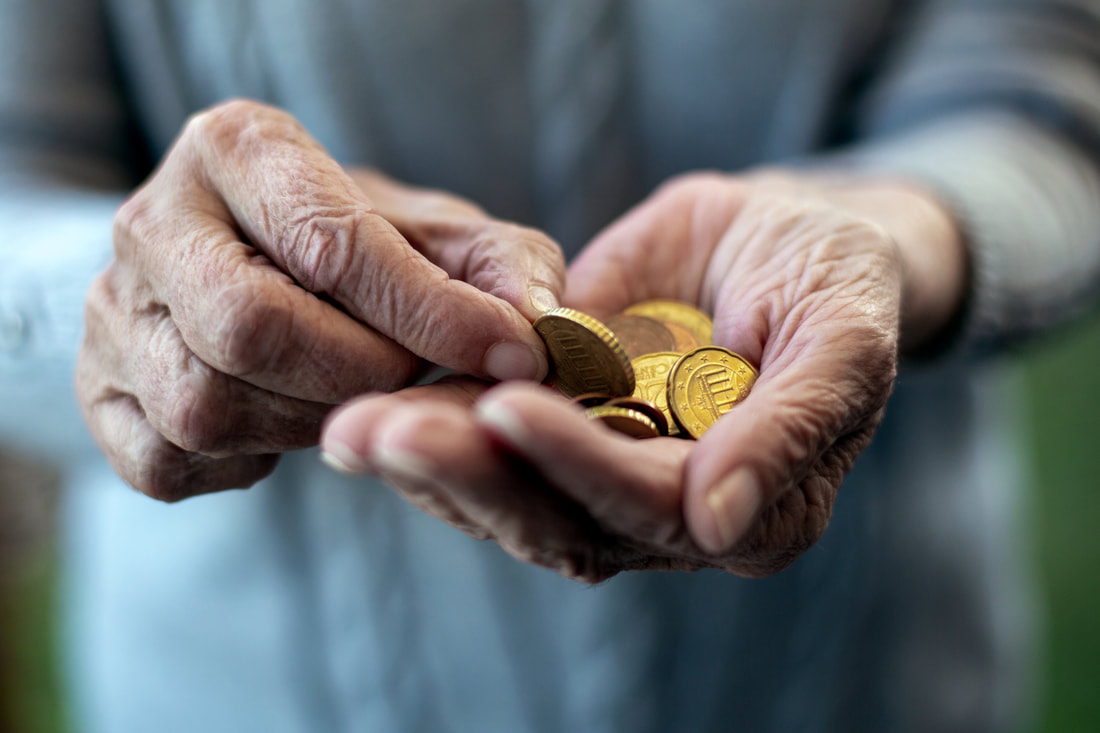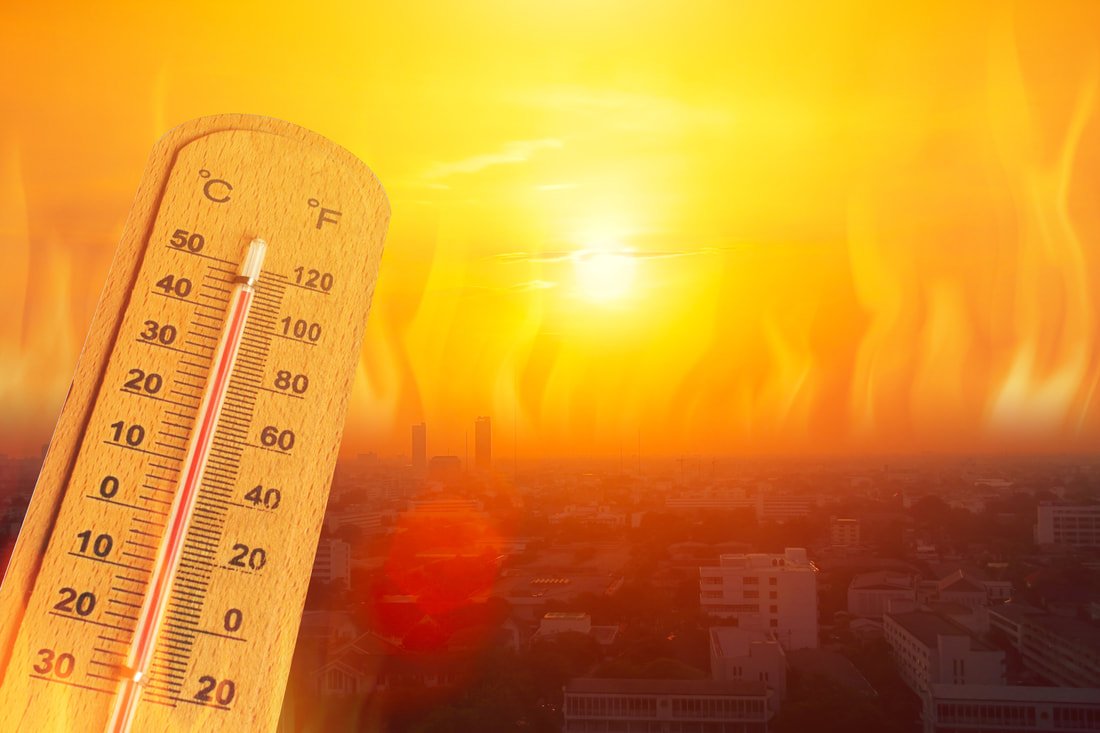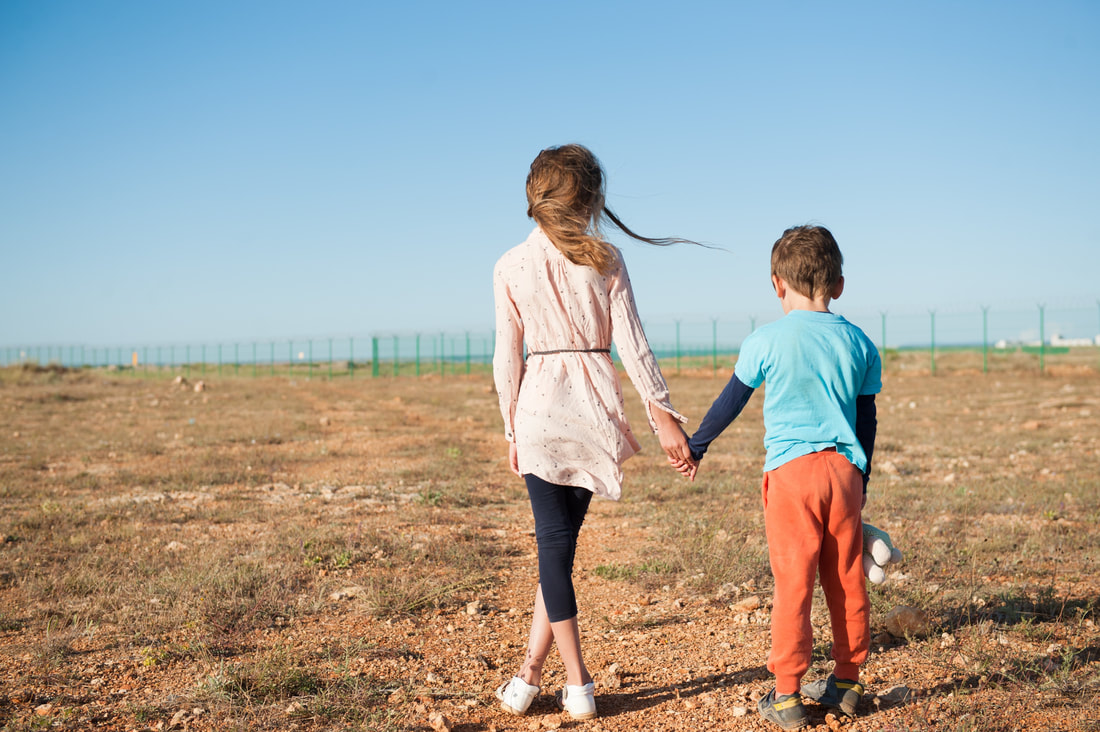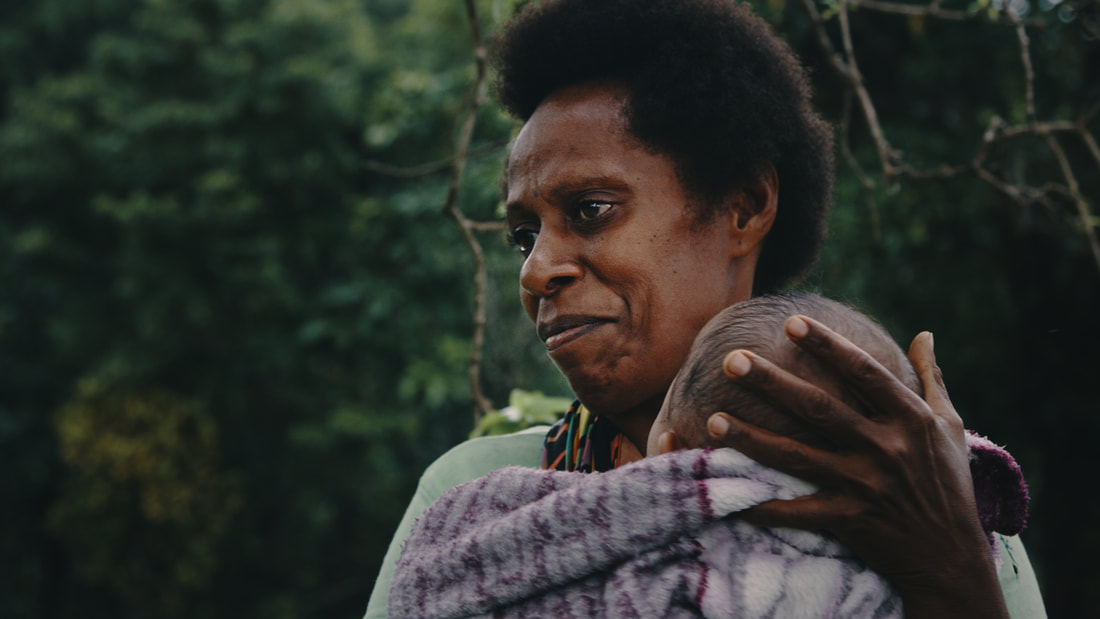|
As wildfires raged across Southern Europe and North Africa, top UN climate scientists said on Thursday that it was “virtually certain” that July 2023 will be the warmest on record.
Echoing that warning in New York, UN Secretary-General António Guterres said that “short of a mini-Ice Age” in coming days, July 2023 would likely “shatter records across the board”. “Climate change is here. It is terrifying. And it is just the beginning,” said the UN chief, warning that the consequences are as clear as they are tragic: “children swept away by monsoon rains, families running from the flames (and) workers collapsing in scorching heat.”... Read the complete articlehere Source: United Nations In his remarks, Archbishop Caccia noted with concern that halfway towards the implementation of the 2030 Agenda for Sustainable Development, progress towards the goals of the Agenda has either been insufficient or has regressed, including as a result of the COVID-19 pandemic. Poverty eradication remains the greatest global challenge and a requirement for sustainable development, he said. Archbishop Caccia described a dangerous and pervasive "throwaway culture," which fosters indifference to many kinds of wastefulness. To counter this, he called on the international community to generate development processes in which the inherent dignity of every person is respected, the needs of the poor and those in vulnerable situations are met, and a harmonious relationship with the environment is restored. The complete statement can be read here Source: Independent Catholic News
The world just had the hottest week on record, according to preliminary data. It follows the hottest June on record, with unprecedented sea surface temperatures and record low Antarctic sea ice extent. The record-breaking temperatures on land and in the ocean have potentially devastating impacts on ecosystems and the environment. They highlight the far-reaching changes taking place in Earth’s system as a result of human-induced climate change. “The exceptional warmth in June and at the start of July occurred at the onset of the development of El Niño, which is expected to further fuel the heat both on land and in the oceans and lead to more extreme temperatures and marine heatwaves,” said Prof. Christopher Hewitt, WMO Director of Climate Services. “We are in uncharted territory and we can expect more records to fall as El Niño develops further and these impacts will extend into 2024,” he said. “This is worrying news for the planet,” he said... Read the complete article here Source: World Meteorological Organization From 2020 to 2021, more than 50 million people were displaced due to weather events and faced risks of trafficking and even death as well as discrimination based on race and gender. This finding emerged from the report of Ian Fry, special rapporteur on the promotion and protection of human rights in the context of climate change, to the 53rd session of the United Nations (UN) Human Rights Council meeting in Geneva from 19 June-14 July. Speaking at a side event convened by faith groups on the human rights implications of climate-induced displacement and the urgent need for responses, Fry said that climate change events "may deprive people of their right to food, water, sanitation, housing, health, education, and, for some, the right to life." More than 50,000 people lost their lives while migrating between 2014 and 2022. Fry called for "an optional protocol under the Convention on the Status of Refugees to address displacement and legal protection for people all over the world affected by the climate crisis." The side event lifted up the voices of affected communities, in particular those who come from the small island states, Indigenous Peoples, women, and youth... Iemaima Vaai, representing the Methodist Church in Samoa and youth advisor to the World Council of Churches, concurred with the report of the special rapporteur and underlined that women and children bear the brunt of the human rights impacts of climate-induced displacement. Vaai shared that in the Pacific, displacement due to extreme weather events and rising sea levels entails "loss of Indigenous knowledge" as well as affects livelihoods, particularly fishing which women traditionally do. Displacement also causes deep emotional and mental pain especially for women, mothers, and grandmothers, who traditionally bury the umbilical cords of their children in the land, Vaai said. Nonetheless, Pacific women and communities derive resilience and healing from cultural and spiritual beliefs and practices that emphasise sacred relationships and the interconnectedness of people, land, and sea, Vaai added... Read the complete article here. Source: Independent Catholic News |
Archives
June 2024
|





